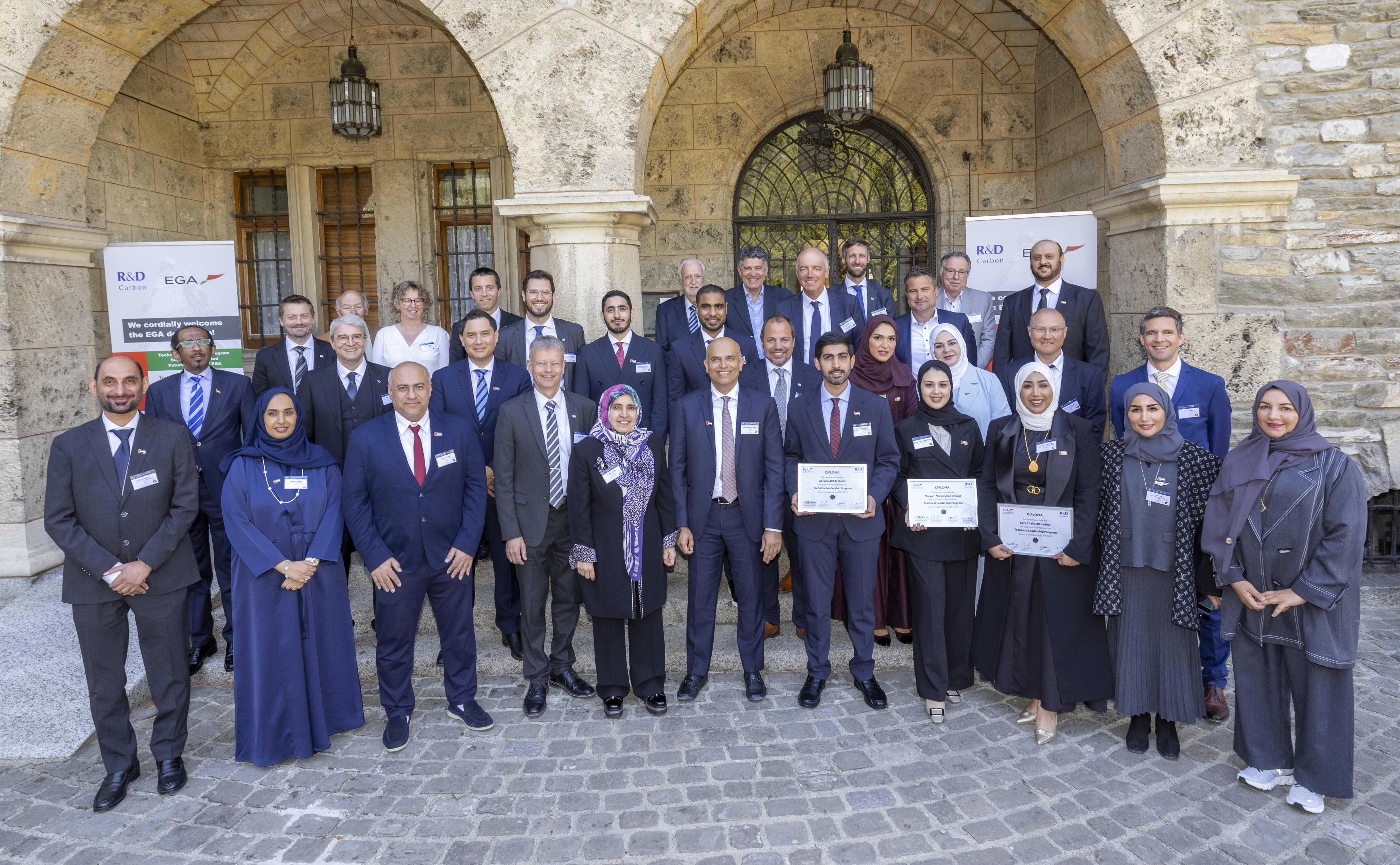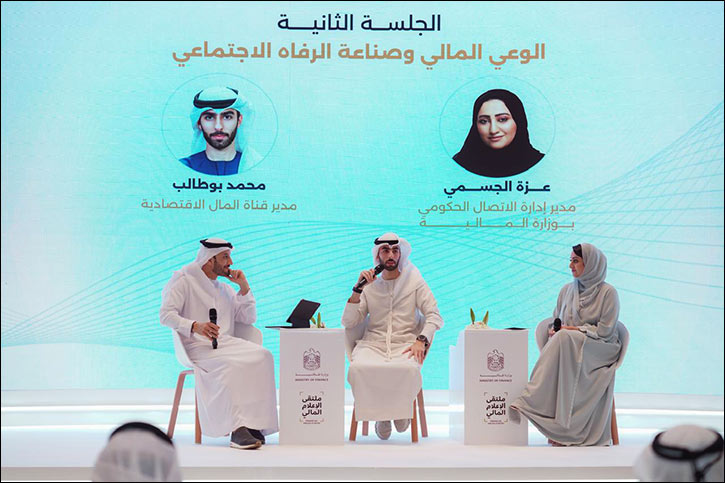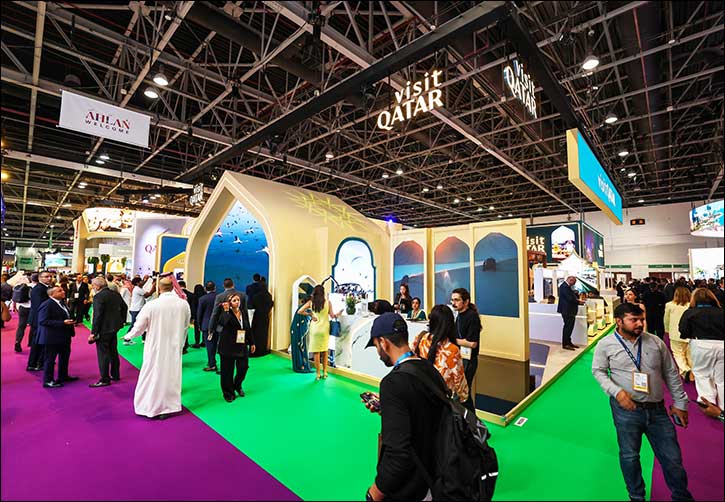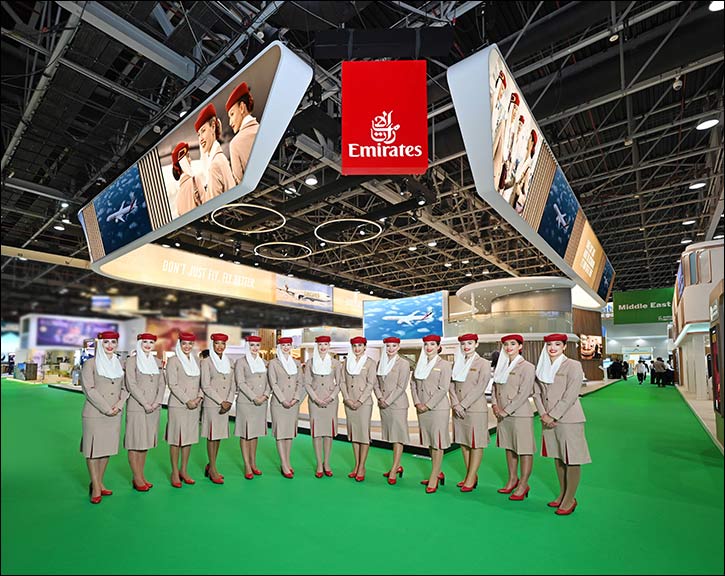The Mohammed bin Rashid Library, in collaboration with the AlMuntada Salon, recently organized a panel session titled 'Narrative Schools in Emirati Fiction.' The esteemed writers Dr. Sultan Al-Omaimi and Dr. Badeea Al-Hashemi participated in the session, moderated by the esteemed writer and journalist Aisha Sultan.
The discussion kicked off by highlighting the evolution of narrative forms, such as short stories and novels, in Emirati literature, tracing its roots back to the 1970s. Notable works from this period, like Rashid Abdullah Al-Nuaimi's 'Shahenda' and the short story collection 'Al-Khashba,' marked the inception of this literary trend, showcasing a blend of traditional narrative styles and experimental approaches.
The conversation extended to the 1980s, a period witnessing a flourishing of Emirati fiction, particularly in short stories influenced by international literary schools. This era benefited from the rise of cultural journalism and the emergence of influential intellectuals like Salma Matar Saif, Maryam Jumaa, Nasser Jibran, and others.
As the new millennium unfolded, especially in the second decade, the UAE's cultural landscape saw the rise of established authors embracing various international narrative forms. Names like Mariam Al-Saadi, Maysoon Saqr, Reem Al-Kamali, Widad Al-Naboodah, Sultan Al-Omaimi, Saleha Obeid, Dr. Badeea Al-Hashemi, Sultan Faisal Al-Rumaiti, and others demonstrated openness to diverse literary styles. The session noted a recent shift in favor of novels over short stories.
Several crucial aspects were explored, including the role of contemporary narrative works as literary references, historical preferences for short stories, and the impact of global narrative trends on Emirati literature. The session also pondered the surge in Emirati writers, examining
whether it reflects societal changes or is a transient trend, highlighting the positive cultural phenomenon supporting this growth.
The panel delved into how new writers respond to criticism and concluded with a discussion on the presence of Emirati novels in prestigious Arab literary awards. The session drew a significant audience, with lively interaction and insightful questions. Notably, the Mohammed bin Rashid Library continues its tradition of hosting influential writers, contributing to the enrichment of Emirati and Arab libraries with impactful literary and cultural references for aspiring authors.










